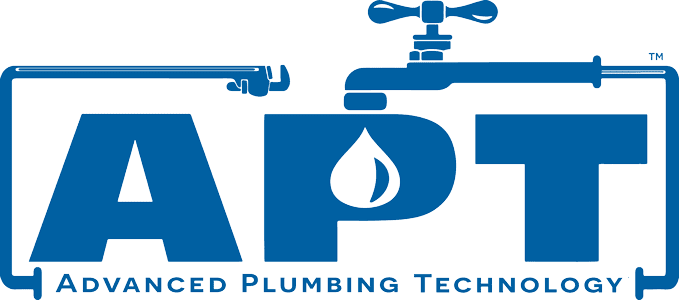Understanding Drain Clogs: Causes, Prevention, and Removal
September 24th, 2023Posted by Brian Shoemaker
At Advanced Plumbing Technology, we recognize the frustration and inconvenience that a clogged drain can cause. Whether it’s a slow-draining sink, a backed-up toilet, or water pooling around your feet during a shower, drain clogs are a common household issue that can disrupt your daily routine. In this comprehensive guide, we’ll delve deep into the causes behind drain clogs, effective prevention strategies, and the best methods for their removal. Our aim is to equip you with the knowledge you need to not only address current clogs but also prevent future ones.
The Culprits Behind Drain Clogs
Drain clogs can stem from a variety of sources, each requiring a specific approach for resolution. Some of the most common culprits include:
Accumulation of Debris: Over time, hair, soap residue, food particles, and other debris can build up within your drains, gradually restricting the flow of water.
Grease and Fat Buildup: Pouring grease and cooking oil down the drain might seem convenient, but these substances can solidify and coat the interior of pipes, causing blockages.
Tree Root Intrusion: Outdoor drains, such as those in your yard or driveway, can fall victim to invasive tree roots that grow into pipes seeking water and nutrients.
Foreign Objects: Children’s toys, jewelry, and other small objects can accidentally find their way into drains, leading to clogs.
Mineral Deposits: In regions with hard water, minerals like calcium and magnesium can accumulate within pipes, reducing their diameter and impeding water flow.
Prevention Is Key
Preventing drain clogs is significantly easier and less costly than dealing with them once they occur. Here are some effective prevention strategies that can save you time, money, and frustration:
Use Drain Guards: Placing drain guards over sink and shower drains can catch hair, food particles, and other debris before they enter your pipes.
Dispose of Grease Properly: Instead of pouring grease down the drain, allow it to cool and solidify, then dispose of it in the trash.
Regular Cleaning: Routinely clean your drains with a mixture of hot water and vinegar to help break down any developing clogs.
Mind What You Flush: Only flush toilet paper down the toilet. Items like cotton balls, sanitary products, and wipes should never be flushed.
Professional Inspections: Schedule regular inspections from plumbing professionals to identify any early signs of clogs or damage.
Effective Drain Clog Removal
When faced with a stubborn clog, it’s important to approach the situation with care to avoid causing further damage to your pipes. Here’s how you can effectively remove drain clogs:
Plunger Method: For minor clogs in sinks and toilets, a plunger can often do the trick. Make sure to create a tight seal before applying pressure.
Boiling Water: Boil water and carefully pour it down the drain in several stages. This can help break down grease and other minor blockages.
Baking Soda and Vinegar: Create a mixture of baking soda and vinegar and pour it down the drain. Allow it to fizz for about 15 minutes before rinsing with hot water.
Plumbing Snake: A plumbing snake, also known as an auger, can be used to physically break up and remove stubborn clogs deep within your pipes.
Enlist Professional Help: If all else fails or if you’re dealing with a severe clog, don’t hesitate to contact a professional plumber. Attempting aggressive methods can lead to further damage.
Finding a Partner Committed to Your Plumbing Needs
At Advanced Plumbing Technology, we understand that drain clogs can disrupt your daily routine and cause stress. Find a team of skilled plumbers dedicated to providing you with effective and timely solutions to all your plumbing issues. From routine maintenance to complex repairs, they will have the expertise to ensure your plumbing system operates smoothly and efficiently.
Conclusion
Understanding the causes, prevention techniques, and removal methods for drain clogs empowers you to take control of your plumbing system’s health. By adopting proactive measures and seeking professional assistance when needed, you can enjoy a clog-free environment and peace of mind. Remember, prevention is the best defense against drain clogs, and when in doubt, entrust your plumbing needs to the experts.
